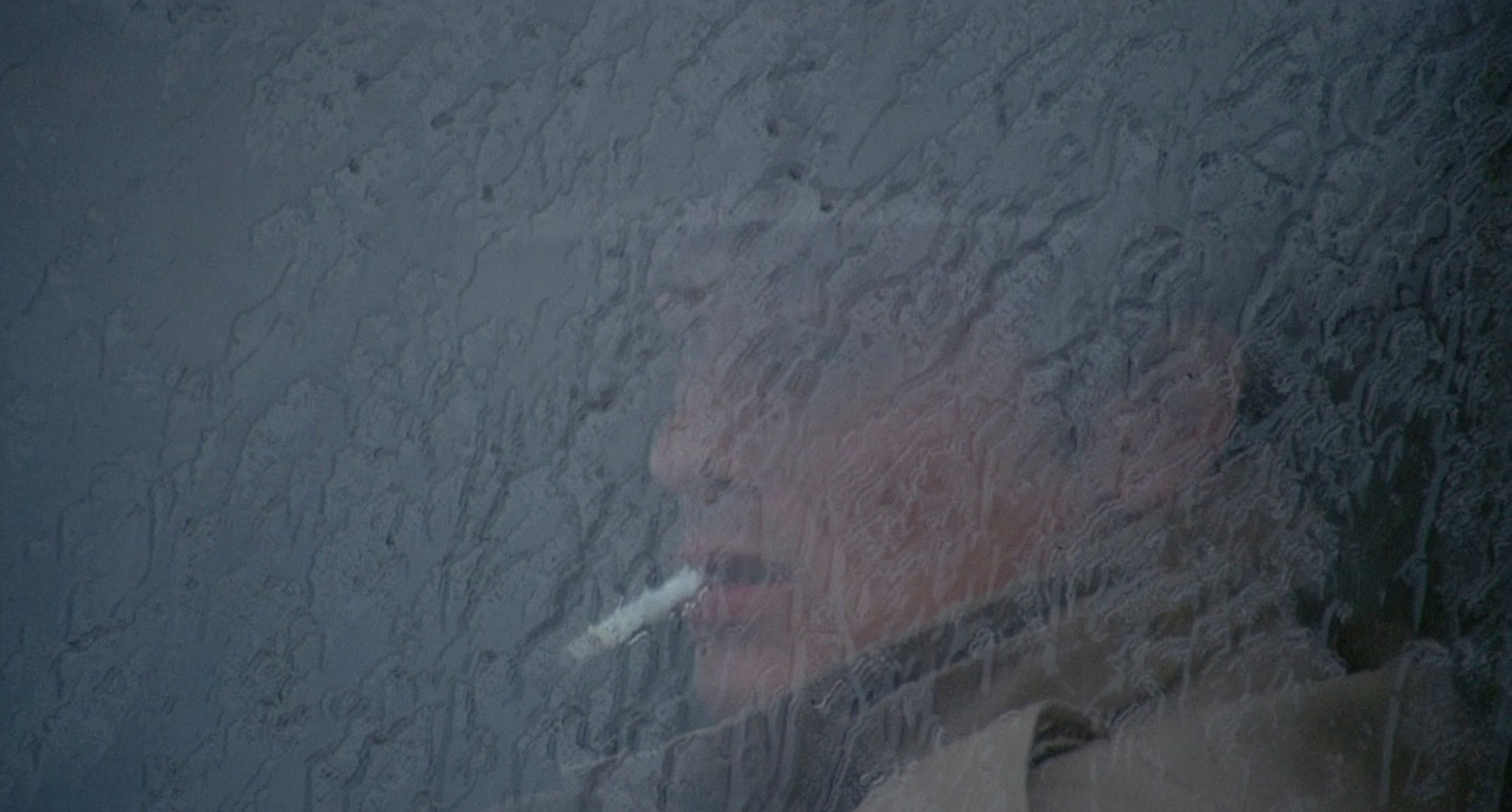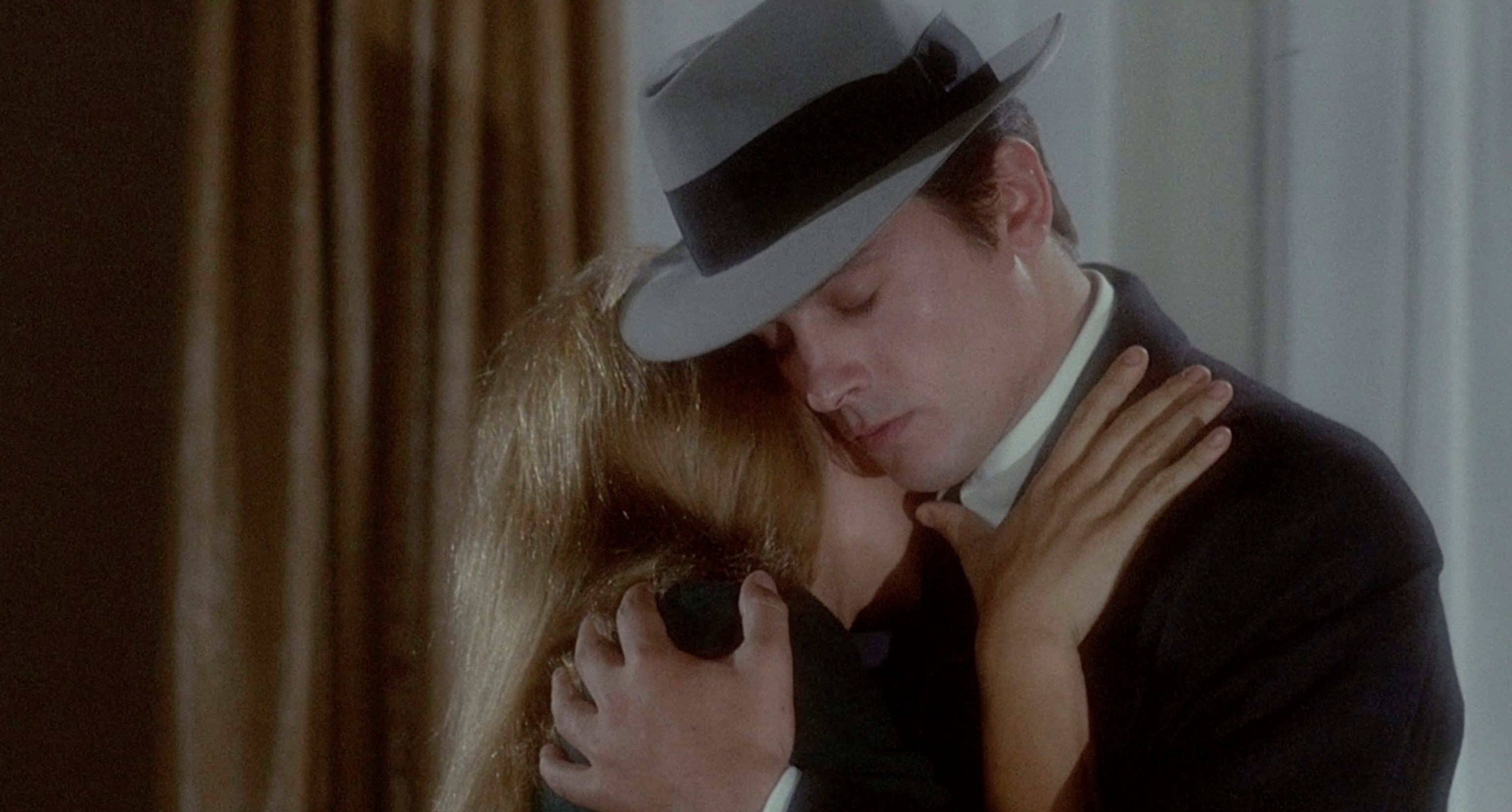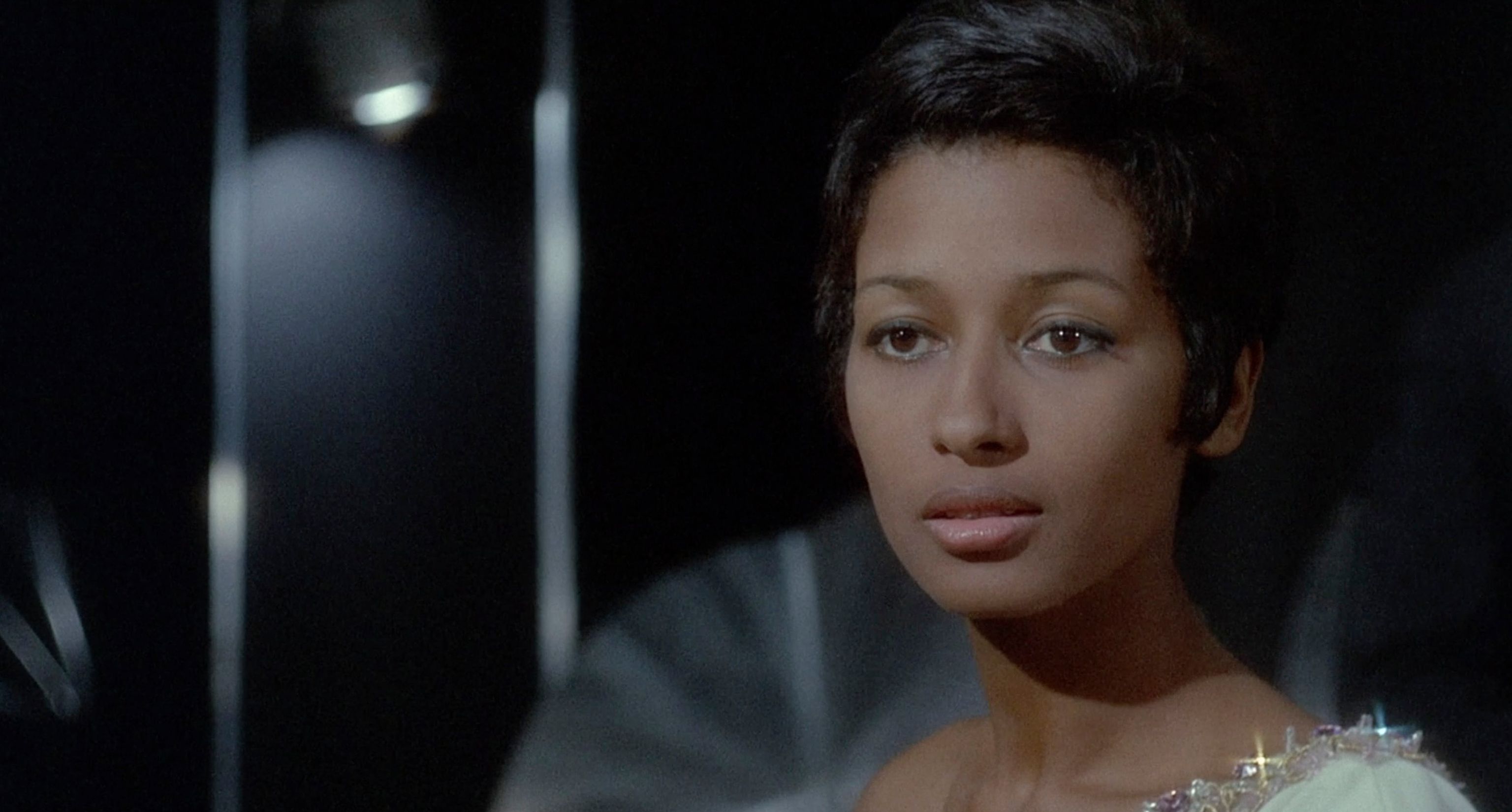Jean-Pierre Melville
LE SAMOURAÏ
- DirectorJean-Pierre Melville
CHRISTOFFER BOE Minimalism as both style and existence. Alain Delon hardly speaks – and yet he says everything - and lets be honest he is also the most beautiful man on earth. For me, it proves that a crime film can be a meditation on loneliness and morality without losing its cool.

The story behind
Jean-Pierre Melville’s Le Samouraï (1967) is a minimalist crime film that transformed the figure of the hitman into a philosophical archetype. At its center is Alain Delon’s Jef Costello, a contract killer defined not by backstory but by ritual: a man of silence, solitude, and precision. From the opening shot - Costello lying in his bare apartment, cigarette smoke curling through the dim light - the film establishes a world of muted tones and hypnotic rhythm. Dialogue is sparse, colors are drained into greys and blues, and even violence arrives with a sudden, understated chill. The tonality is cold, quiet, and ascetic, mirroring the emotional distance of its protagonist and elevating crime cinema into meditation.
The legacy
Melville drew on the codes of Japanese samurai honor, blending them with his love of American gangster films. The result is both timeless and modern: a Paris steeped in noir shadows, where every gesture feels like part of a ritual. Upon release, Le Samouraï was admired but modest at the box office; in the decades since, it has become a touchstone of style and tone. Its influence runs from John Woo to Jim Jarmusch and Nicolas Winding Refn, echoed in films like The Driver, Ghost Dog: The Way of the Samurai, and Drive. Delon’s trench coat and fedora became iconic, while Melville’s stripped-down aesthetic reshaped the language of noir. More than a thriller, Le Samouraï endures as a film where the real drama lies not in gunfire, but in silence, ritual, and the fatal pull of destiny.







